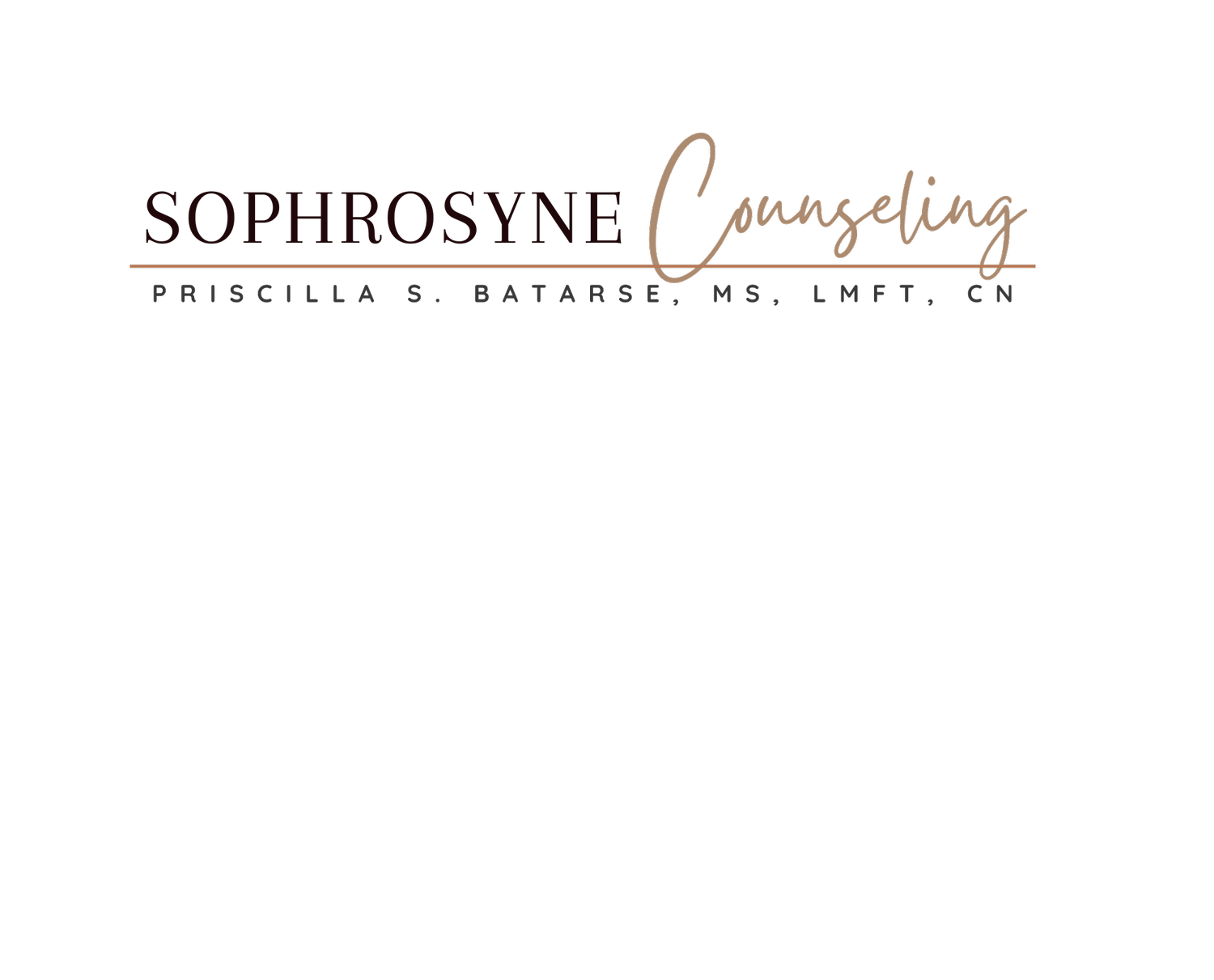Root Cause(s)…
Diagnoses stem from a combination of causative factors, as each person is unique. Let’s say, in my practice, I am treating ten people whose chief complaint is anxiety. Each person with the same diagnoses can experience their symptoms differently, as there are so many potential combinations of causes for symptoms. If I have a client who comes to me presenting with anxiety, I treat it as a symptom, not a cause. I want to identify the underlying cause(s) in each of my clients uniquely.
Examples of Treating the Symptom Without Identifying the Cause:
What sets doctors of Functional Medicine and Naturopathic Medicine apart from traditional conventional doctors? Well, it is how they look below the diagnosis and the symptoms to figure out where the underline imbalance is.
Here is a simple example Dr. Procyk provided in one of her pieces of training I attended. The case was with high blood pressure— it’s straightforward to determine if someone has high blood pressure. A conventional doctor will most likely prescribe medication and ask you to return several weeks later to verify if the drug is working. A holistic doctor (doctor of functional medicine) will utilize a different approach. Instead of jumping to prescribing medication, he/she will first examine all the various factors that can be contributing to the person’s elevated blood pressure beforehand. The doctor would assess which of those things are contributing to the problem in this particular person. After that, help that person address those issues by correcting some of these underlying imbalances. In doing so, the hope is to help this person return to normal blood pressure and avoid the need for medication. It is NOT because the medication is terrible. If we can help someone not need medication in the first place, we have helped them achieve a higher level of health and experience a higher level of well-being that they possibly can.
The above example is a simple, but the same approach I want to take to a much more complex world of mental health diagnoses. Mental health diagnoses are not nearly so easy to make. They are much LESS black and white, but the approach is the same. My goal is to help you feel better. Therefore, I want to rule out anything physiological by referring you to a physician before thoroughly treating you with various interventions with no progress, if something organically is going on. However, a few lifestyle modifications may help, too, and be key to balancing your life and health. That’s something we will decide together.
DID YOU KNOW SOME OF THE SYMPTOMS OF HYPERTHYDROIDISM ARE:
1. Anxiety
2. Heart palpitations/racing heart
3. Irritability
4. Insomnia
5. Fatigue
6. Sweating
7. Loss of libido
8. Depression
9. Apathy
10. Loss of motivation
11. Hair loss
12. Constipation
13. Feeling overwhelmed
Imagine someone came in to see me with a chief complaint of feeling depressed. However, one of the underlying issues was hyperthyroidism, but I didn’t consider anything physiologically could be going on. Then I treat the symptoms of depression with various mental health interventions or refer my client to a psychiatrist for an anti-depressant, would that fix the underlying issue? No. This is an example of why some of us get stuck in this vicious cycle and start losing hope because nothing is changing. Then you begin to feel hopeless. Why? Because no one bothered to educate you and provide the resources you needed to radically transform your mood and brain function by addressing the whole person.
As a Mental Health Professional, I will subscribe to the same holistic approach, perform a thorough assessment, and make referrals where necessary that are not under my scope of practice or competence to tackle the underlying cause(s).


